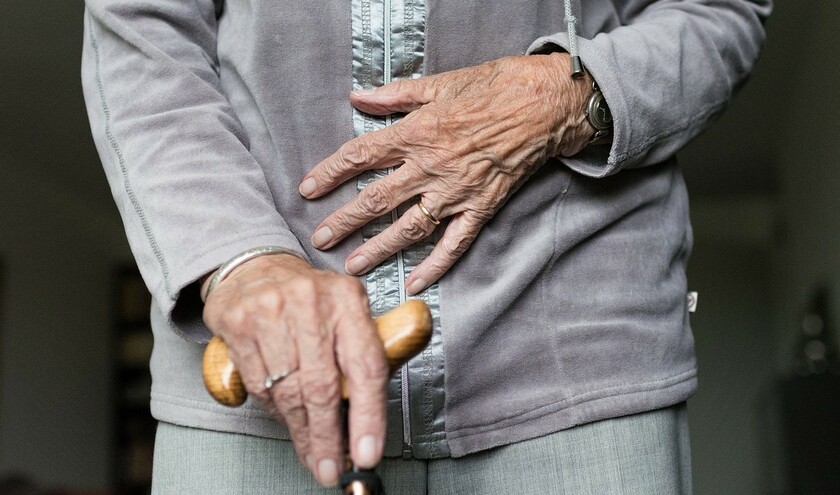The first iteration of eFI was developed by Leeds academics and introduced in 2016 across the UK. In one year of use by NHS England, more than 25,000 people with frailty were referred to a falls service, with an estimated prevention of around 2,300 future falls. Researchers estimate that in 2018, these interventions saved the NHS nearly £7m.
The new eFI2 system draws on 750,000 linked records across medical, community and social care data, and integrates information on 36 health problems, including dementia, falls and fractures, weight loss and repeat prescriptions. This enables the tool to predict with greater accuracy which groups of people are more likely to be living with frailty and medical professionals can then intervene earlier.
Work on the new tool was funded by the NIHR Applied Research Collaboration (ARC) Yorkshire & Humber and NIHR ARC North Thames.
Professor Marian Knight, scientific director for NIHR Infrastructure, said: ‘The eFI has already proven that it can improve patient outcomes and save the NHS millions of pounds.
‘This evolution of the tool is extremely exciting, enabling people to receive personalised treatments from their GPs and maintain their independence for longer, bringing crucial cost savings to the health system.'
Research published in Age and Ageing confirms that the eFI2 can more accurately predict older people's need for home care, risk of falls, care home admission or death. The tool is now available to 60% of GPs in England.



